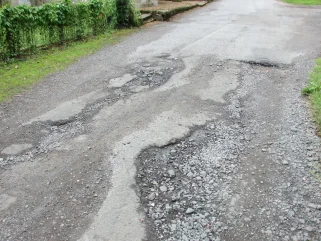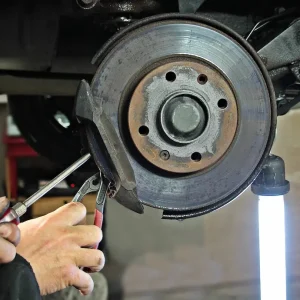
The UK Government is presiding over a decline in the state of England’s local roads amid a multibillion-pound repair backlog, according to a report by MPs.
Members of Parliament’s Public Accounts Committee (PAC) said the Department for Transport (DfT) had not taken its responsibilities and the use of public money on local roads seriously enough.
An inquiry by the PAC found that while more than one billion pounds a year was given to local authorities for road maintenance, the DfT did not know exactly how this money was then spent as it was not ring-fenced.
Data collection was also said to be poor, with the condition of roads recorded as stable despite industry estimates showing a worsening picture, with increases in pothole-related incidents. The DfT is said to have admitted that data collection was only done on a voluntary basis.
The PAC also criticised what it called a ‘short-term approach’ to funding. It said providing only annual funding was likely to have pushed councils to focus more on reactive repair work, rather than preventing problems occurring in the first place.
The report calls for this funding to be simplified, and with more long-term certainty given about its nature. In addition, it calls for more support and guidance for local authorities, and for the government to consider how best to manage and prepare for technology advances such as autonomous vehicles and electric HGVs.
PAC chair Sir Geoffrey Clifton-Brown said: “The declining state of England’s local roads is a national embarrassment. As well as harming the prospects for our economy and communities’ own social wellbeing, highways riddled with potholes pose an increasing safety threat to road users.
“Alarmingly, however, not only is the state of our local roads on the downslope, our inquiry shows government are having to find out about these issues from industry bodies and road users themselves due to their own patchy data.
“This committee has long raised concerns around a failure across government departments to effectively fund and plan for the future, a theme that is certainly on show here, along with an overly tangled web of accountability.
“This committee shares our constituents’ frustration at these issues, and hope our recommendations go some way to help the government take better responsibility for them.”





